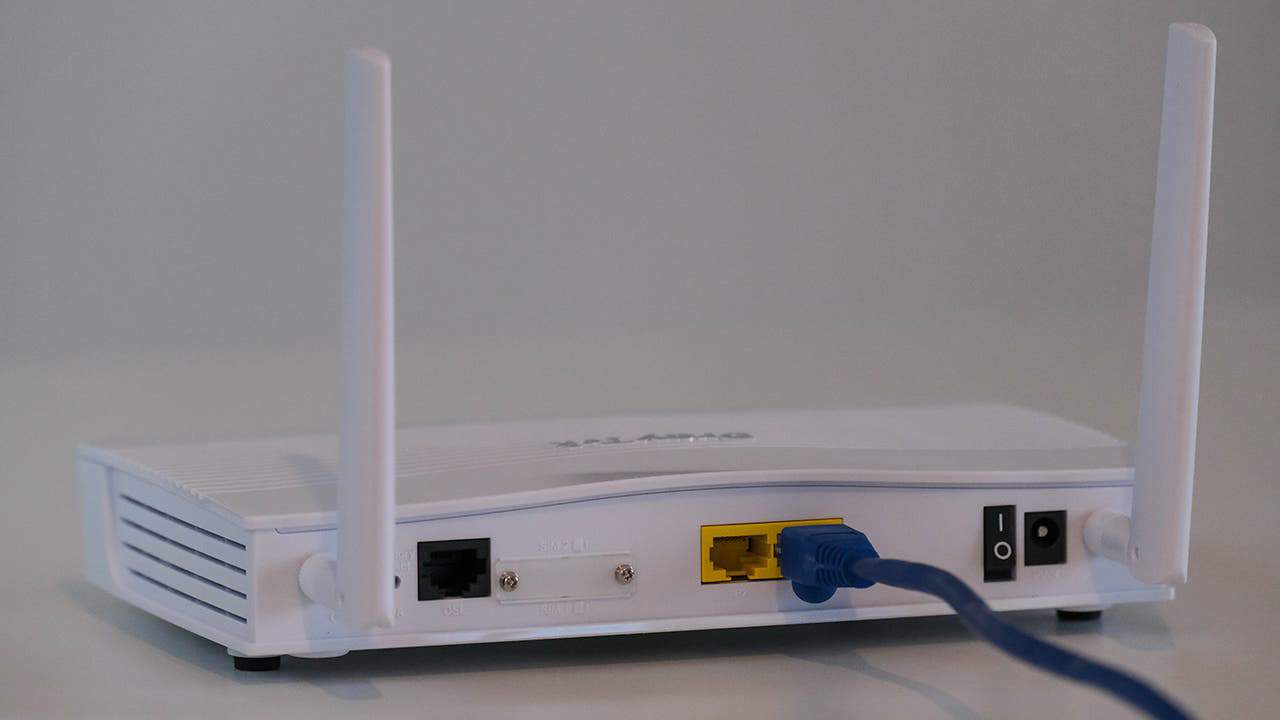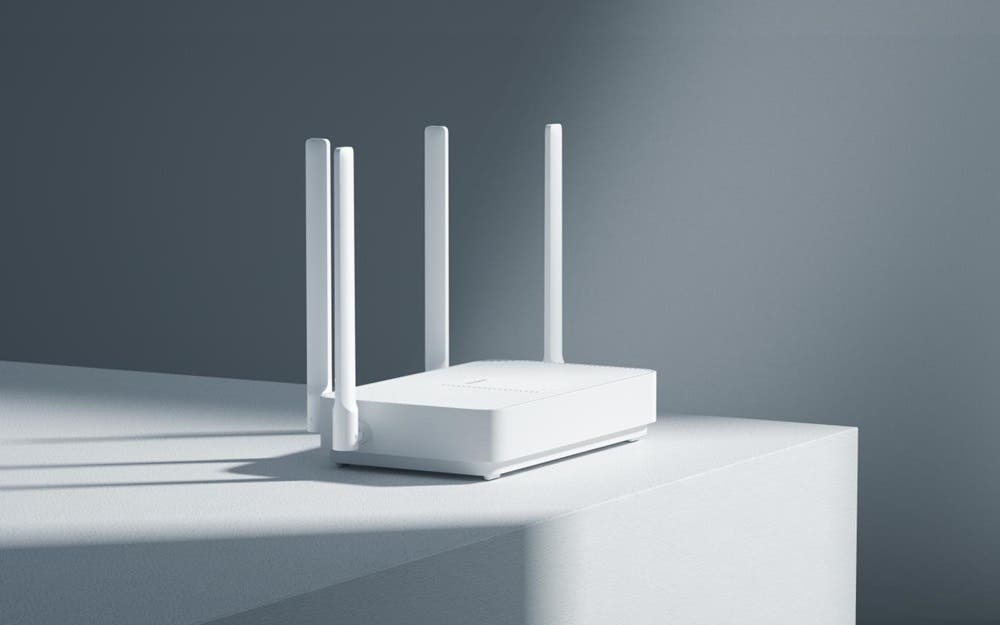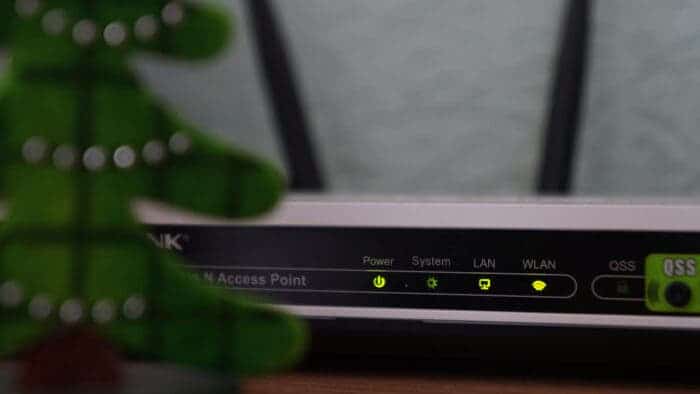Routers are something that you don’t upgrade too frequently. They tend to last for a good while if you take proper care of them. But it’s not just keeping the router clean that matters. In addition, many other factors dictate the time to upgrade your router for a better performance.
Want to know what those factors are? Are you Looking for tips on lowering the frequency of upgrading your router? This is the guide that you’ve been searching for. It will go through everything you need to know about the topic.
How Long Does a Router Last?
Routers don’t come with an expiry date. But they do age. Generally, a standard Wi-Fi router will last between five and ten years. The actual lifespan depends on various factors. These factors include:
- Maintenance
- Usage
- Environmental conditions
- Compatibility with the latest Wi-Fi standards
You can argue that a key consideration is the upgrade of Wi-Fi technology. And you would be right. Your router should align with the Wi-Fi standards of your newer devices. Otherwise, it won’t deliver the expected speeds.

What Factors Influence the Lifespan of Routers
So, a couple of factors dictate how fast your router will age. Some of them are:
Maintenance Matters for Router Upgrades
Regular cleaning and proper care can extend a router’s lifespan. Dust accumulation is a very common issue. You can lower it with periodic cleaning.
Usage Patterns
The way you use your router matters. Heavy usage can speed up performance degradation. To illustrate, too many connected devices streaming HD content can put a lot of load. This becomes a serious issue if your router can’t handle it. So, it’s important to understand your router’s capabilities.
Environmental Impact
The conditions in which a router operates also impact its lifespan. Routers subjected to extreme weather conditions may experience shorter lifespans. Placement near electronic appliances is also an issue. Optimal placement and a controlled environment can make a notable difference.
Compatibility with the Latest Standards
A router’s ability to support the latest Wi-Fi standards is crucial. It ensures optimal performance. As technology advances, newer standards provide faster speeds and improved reliability. Ensuring your router is compatible with these standards can extend its usefulness.

When to Upgrade Your Router
There are some signs that give away that it’s time for a router upgrade. These signs are:
Aging Beyond a Decade
If your router has served you for ten years or more, it’s time for an upgrade. It’s likely operating on outdated Wi-Fi standards. Upgrading ensures compatibility with modern devices. It will also enhance both speed and security.
Deteriorating Performance
Experiencing slower Wi-Fi speeds? Facing connectivity issues or persistent router-related problems? These are strong indicators that an upgrade is in order. In these cases, restarting your router provides a temporary fix.
Overheating Issues Signal A Router Upgrade
Routers can get warm under heavy loads. But continuous overheating is a red flag. See if your router feels hot to the touch all the time. If it does, it may be signaling the need for a replacement.
Lack of Firmware Updates
Is your router no longer receiving firmware updates? It has reached the end of its support period. This means it won’t enjoy crucial bug fixes. It won’t get security patches and other enhancements either. This will leave your network vulnerable.

Should You Upgrade Router When New Wi-Fi Standards Launch?
No. When a new Wi-Fi standard comes out, it takes time for it to become adopted. Waiting a year or more allows manufacturers to catch up. This waiting period also ensures a smoother transition. Buy if your current router is too old, upgrading can be a worthy investment.
Why Should You Upgrade Router?
So, why should you upgrade your router? These are the reasons that you should consider:
Security Enhancements
Cyber threats evolve fast. The good thing is that newer routers come equipped with improved security features. So, by upgrading, you can ensure compatibility with the latest Wi-Fi security standards. For example, WPA3 can provide a robust defense against potential vulnerabilities.
Network Performance Improves When You Upgrade Router
Newer routers offer enhanced network performance. They can handle more devices. Also, they can process data faster and provide better Wi-Fi speeds. Upgrading unlocks the full potential of your internet connection. This becomes quite essential if you’ve recently upgraded your service plan.
Upgrading Router Improves Reliability
New routers aim for increased reliability. They can lower issues like random disconnections. They also reduce the need for frequent restarts. This enhanced stability is crucial for uninterrupted online activities.
Advanced Compatibility
Your old router might not have what it takes to handle gigabit Ethernet. This will limit your Wi-Fi speeds. Upgrading ensures compatibility with modern internet speeds. Through that, you can make the most of your high-speed internet plan.
You Future-Proof Your Network by Upgrading Router
As stated earlier, Wi-Fi standards take a while to filter through. That applies to your devices, too. Upgrading an old router will protect against future changes for many years to come. This future-proofing ensures that your network infrastructure can adapt to emerging technologies. It will also ensure that your setup can meet increasing connectivity demands.


